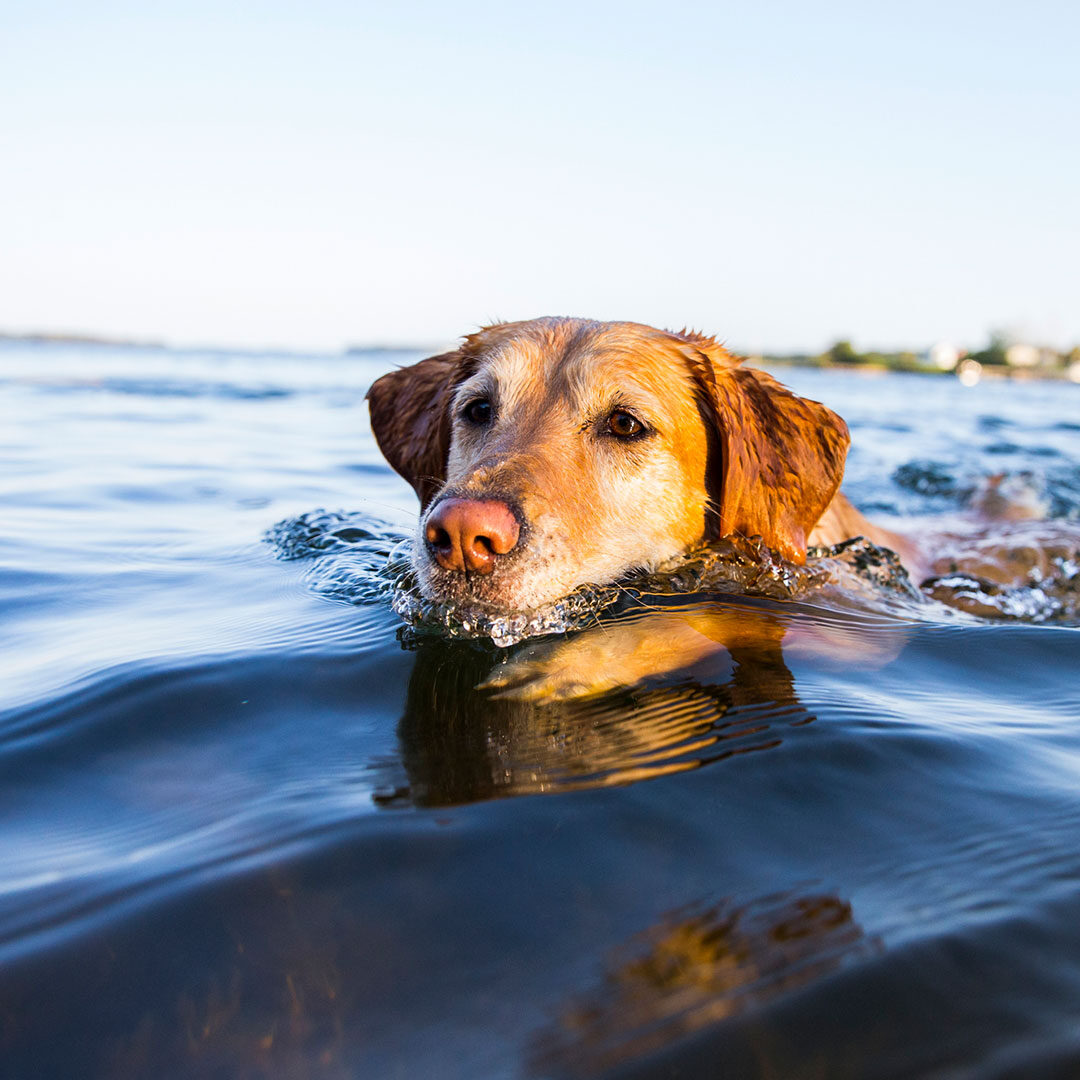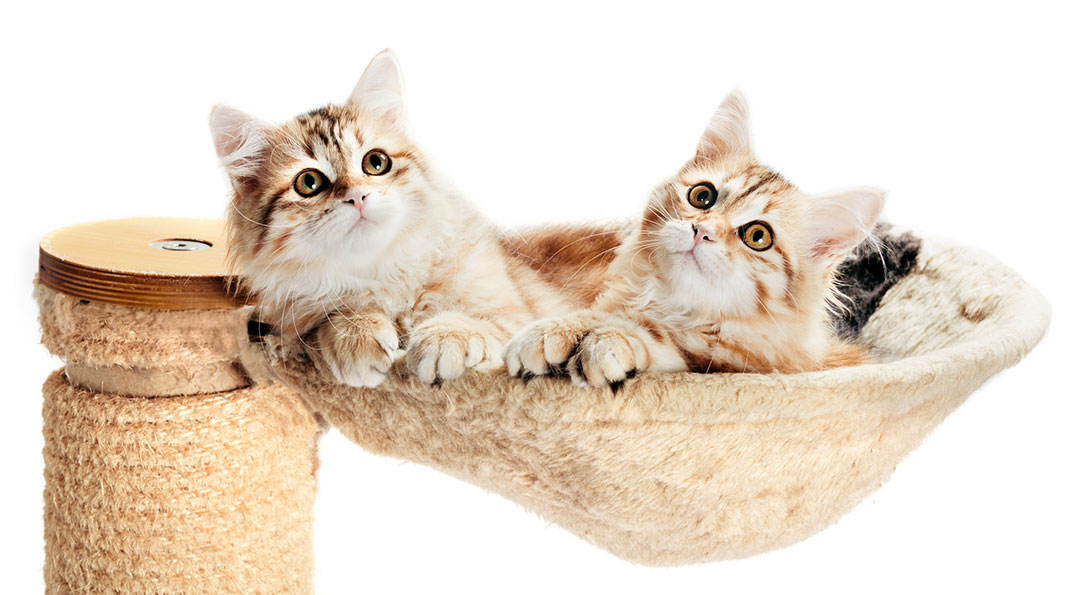Summer Pet Safety
The sun is shining, and the sidewalks are baking. Heat is always a concern when it comes to our pets, because they’re much more vulnerable to heatstroke. No matter where you plan to go this summer, make sure your pet is well provided for. Read on for essential pet summer safety recommendations!
You might be able to just walk into the house and grab yourself a glass of water, but your pet doesn’t have that privilege. If they need to be outside for any reason, make sure they have more than enough cold, fresh water nearby, along with plenty of shade to shelter from the glare of the sun. Even if it isn’t sunny, the humidity can really take a toll on your pet. Most important, NEVER leave them unattended in a parked vehicle. If it’s as low as 60 degrees outside, your car will heat up to 89 degrees in approximately 10 minutes. Do not put your pet at risk! Leave them at home if at all possible.
The high concentration of salt and numerous bacteria in seawater can make your pet very sick. Keep a close eye on your pet when you’re at the beach, and don’t let them swim too far out into the water—drowning accidents occur more often with pets than you would think, and the ocean has strong currents, and dangerous riptides. Stay at your pet’s side at all times.
Summer is the ideal season for parasites such as fleas, ticks, and mosquitoes. Make sure your pet is up-to-date on their vaccinations and has taken their parasite preventatives within the month. Ticks carry Lyme disease and mosquitoes can transmit heartworm disease, so be vigilant about parasite prevention.

Winter Animal Safety
In addition to providing your pet with professional, compassionate wellness services, Colma Animal Hospital also provides you with tips to keep your pet safe and happy in every season. With the cold winter weather here, it’s important to know what risks your pet faces, and what you can do to keep them safe.


